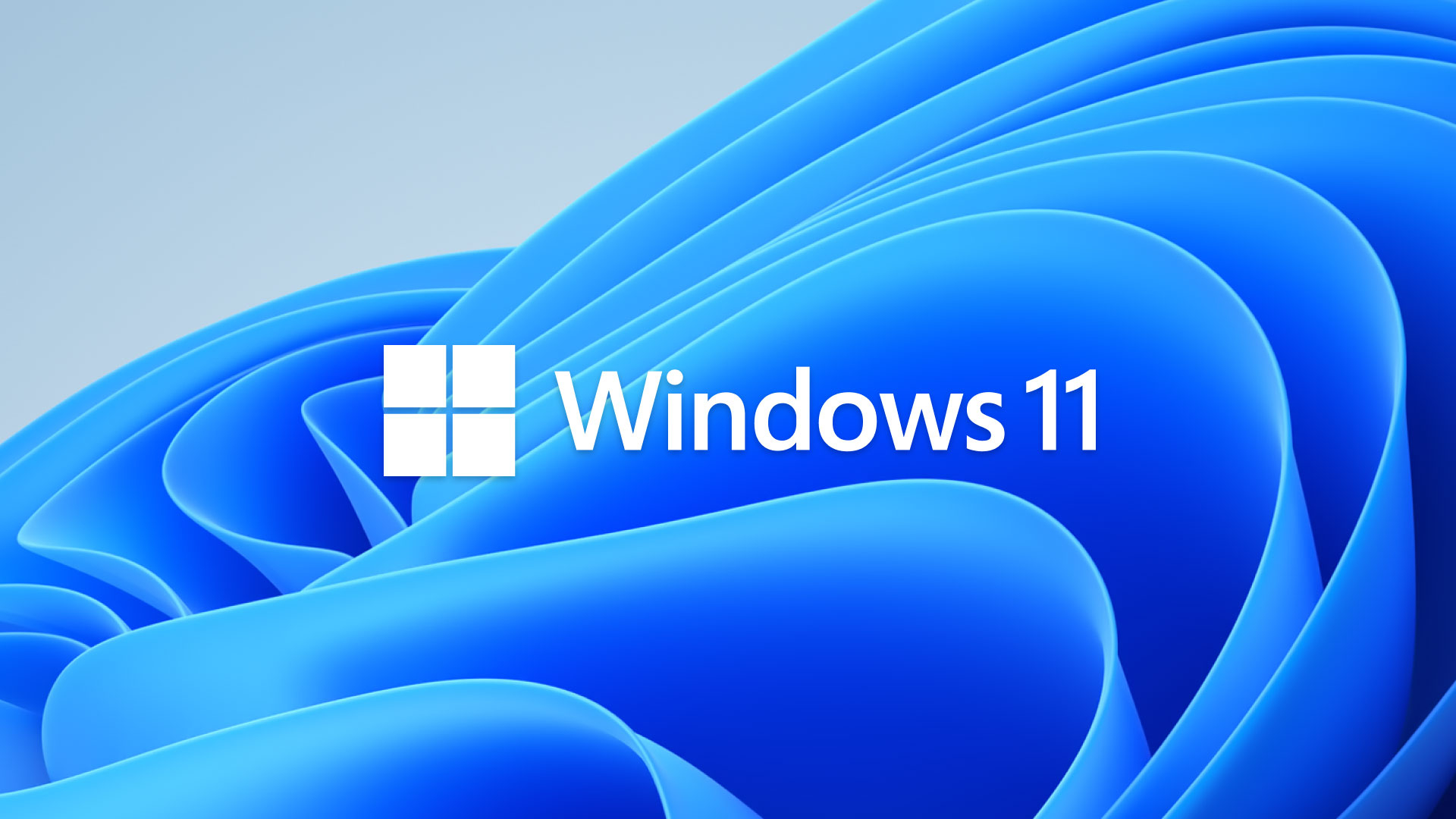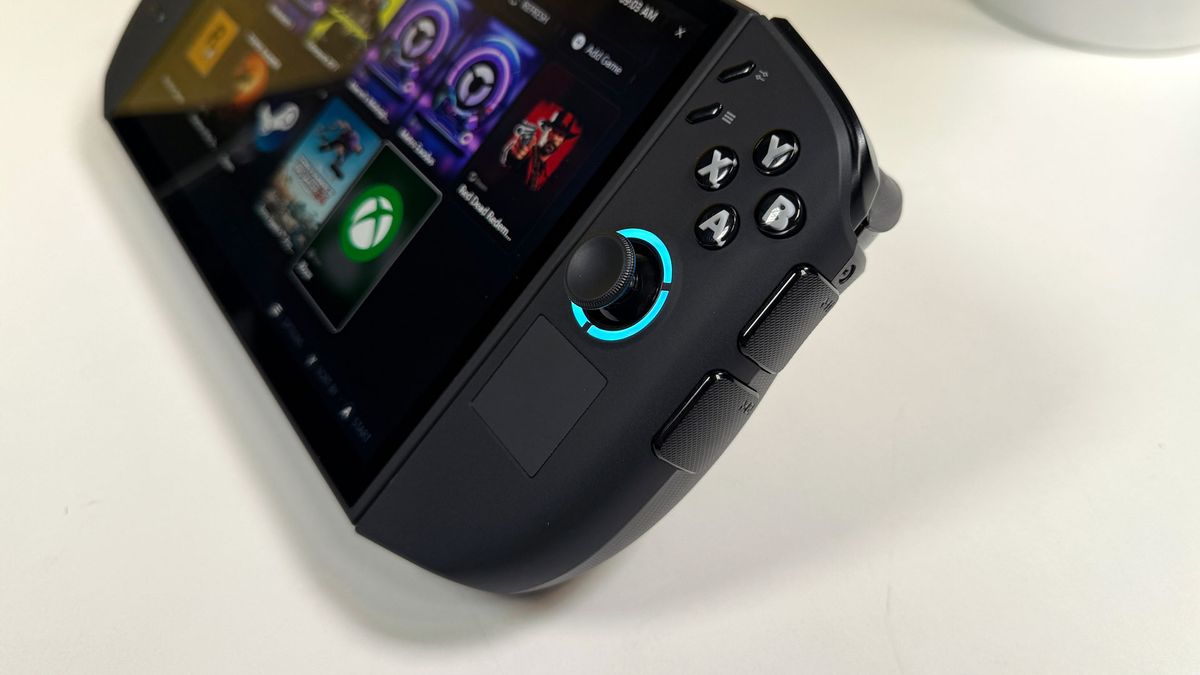Ever since Microsoft announced that it would end support for Windows 10 in October, the company has been trying hard to convince users to make the switch to Windows 11. First, it warned that unsupported Windows 10 PCs will no longer receive security updates, making them easy targets for hackers. Later, it advised users to trade in their old computers and buy a new one that comes preloaded with all the Windows 11 goodies.
Now, once again, Microsoft’s Executive Vice President and Consumer Chief Marketing Officer, Yusuf Mehdi, has published a fresh blog highlighting all the benefits and advantages of Windows 11, including a statement claiming that Windows 11 PCs are up to 2.3 times faster than Windows 10 PCs. However, what they failed to make clear is that this claim is entirely based on a comparison of new versus old hardware, rather than the software itself.
The claim is based on benchmarking results from the Geekbench 6 Multi-Core measurement tool. When you follow the link provided in the footnote, it reads, “Based on testing performed by Microsoft in December 2024 using Geekbench 6 Multi-core score comparing a selection of Windows 10 PCs with Intel Core 6th, 8th, and 10th generation processors and Windows 11 PCs with Intel Core 12th and 13th generation processors. Performance will vary significantly by device and with settings, usage, and other factors.”
Swipe to scroll horizontally
Windows 10 - Device 1 | Dell Inspiron 7590 | Intel Core i7-8565U CPU @ 1.80GHz |
Windows 10 - Device 2 | Dell Inspiron 3580 | Intel Core i7-8565U CPU @ 1.80GHz |
Windows 10 - Device 3 | HP Envyx360 | Intel Core i7-1065G7 CPU @ 1.30GHz |
Windows 10 - Device 4 | HP Laptop 15 | 11th Gen Intel Core i5-1135G7 @ 2.40GHz |
Windows 10 - Device 5 | Dell XPS 13 | Intel Core i5-8200Y CPU @ 1.30GHz |
Windows 10 - Device 6 | Dell Inspiron 5379 | Intel Core i5-8250U CPU @ 1.60GHz |
Windows 10 - Device 7 | HP Spectre x360 | Intel Core i7-8750H CPU @ 2.20GHz |
Windows 10 - Device 8 | Dell Inspiron 7300 | Intel Core i5-10210U CPU @ 1.60GHz |
Windows 10 - Device 9 | Dell Inspiron 7353 | Intel Core i3-6100U CPU @ 2.30GHz |
Windows 10 - Device 10 | Dell XPS 13 | Intel Core i5-6200U CPU @ 2.30GHz |
This makes it very clear that Microsoft didn’t test Windows 10 on machines running Windows 11, or vice versa. Instead, it relied on a synthetic benchmark that measures explicitly a CPU’s multicore performance to draw conclusions about the software. And that’s not even the worst part. The real issue is that all the Windows 10 systems used in the test are powered by CPUs from seven to nine years ago, while the Windows 11 machines feature chips from 2022 or later. Hard to call that a proper comparison.
Windows 11 isn’t 2.3X faster, the hardware is
It's no mystery that benchmark results can often be misleading, as they don’t entirely reflect real-world usage. It's been shown that Windows 10 can offer better gaming performance than Windows 11. However, not everyone knows that, especially the average Windows user, and for them, these “false performance claims” could easily lead them to believe their PC will be much faster with Windows 11, which hopefully isn’t the direction Microsoft is aiming for.
The blog post also argues in favor of upgrading to Windows 11 by highlighting increased security through features like TPM 2.0 and Smart App Control, as well as a 62 percent reduction in security incidents with Windows 11. However, that comparison is based on new computers running Windows 11 versus older computers running Windows 10.
That being said, for those who cannot or don’t want to upgrade to Windows 11, the Extended Security Updates (ESU) subscription keeps your Windows 10 PC secure for a fee of $30 per year. Alternatively, you can try making Windows 11 look and feel like Windows 10.
Follow Tom's Hardware on Google News to get our up-to-date news, analysis, and reviews in your feeds. Make sure to click the Follow button.

 6 months ago
20
6 months ago
20










 English (US) ·
English (US) ·